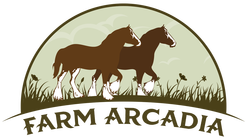0 Comments
We milked our sheep, goats, and cows for more than one season and primarily sold cheese, gelato, and fresh milk. For that last couple of years, we've changed our focus to breeding, downsizing some animals, and adding other. We really enjoy our animals and farm life better. Here are some other changes we're making.
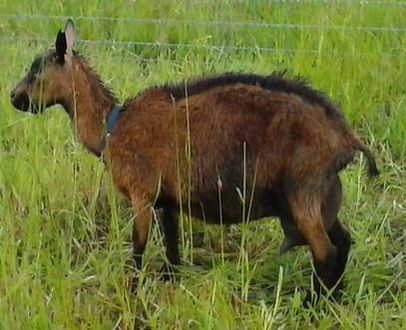 I would suspect that anemia is one of the more common health problems among small ruminants of sheep and goats. With dairy breeds, they are high-performance milk producers and can feel the impact of anemia very hard. This picture is of one of my goats I brought home after buying her knowing she was joining us severely anemic. She's a little wet because she didn't seek shelter in a morning drizzle, something I remedied right away after taking her picture. I'm sure there is a lot to know anemia, but here is the little information I have that might help out a few other homesteaders. 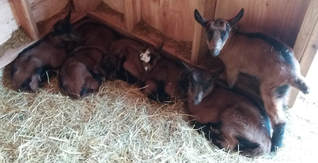 If you're new to sheep or goats or haven't had them before, this is what I share with people who inquire about getting them. Often it is with the idea of keeping weeds at bay or having fresh easy milk on hand. Neither are necessarily a bad idea, but it's likely not quite as simple as most people think. Everyone has a learning curve, and this is designed to give you an introduction into casually keeping goats or sheep. 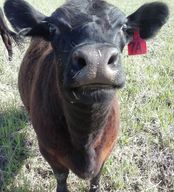 One of my herd cows - gives me a nice healthy beef calf every year. One of my herd cows - gives me a nice healthy beef calf every year. We have sold meat retail by the cut or as locker meat (in bulk). We regularly get questions about how much meat someone will take home. I asked the same thing when I was new to buying meat direct. I didn't want to pay twice the price and get half the meat. Yes, I wanted humanely raised meat. Of course I wanted to avoid chemicals that were bad for my family. But, I also didn't want to get ripped off. I also wanted to know what is reasonable to expect in these sorts of transactions. Here are a few terms that you may hear and rough guidelines for what to expect. These are only to give you an idea. Expect some variation.  If you live in the country, you already know about the joy of rodents. When we lived in Oregon, we had huge rats that could bloody our 80-pound Weimaraner dogs ... our Jack Russell was more skilled, but took a lot longer. They were ugly with beady eyes too close together and a weirdly long crookedy snout. They were easy to hate ... they destroyed everything and are suspected to be the source of the spark that started the fire that burned out house down. Now that we're here in northern Idaho, we've found all sorts of cuteness. We loved the shrews in Oregon, which live here, too, but they aren't rodents though they are entirely awesome little creatures. There are so many cute mice here and I'd love them except they get in everything. This little squirmy baby is gray on the back with a white belly, huge eyes, and a funny little tail. Mom was a little chibi (cute anime creature) mouse that could be a model for stuffed animals and children's toys. There are also little brown ones, ground squirrels, rats, and all sorts. This is where they are meant to live - in the country - so how do we strike a balance? I am not a fan of shepherd's pie. To me it means leftover casserole or a compilation of bland ground beef with peas and instant mashed potatoes with a overly thick layer of cheese trying to rescue the dish. However, this one is good. Leftover can be used, but I make it from scratch on purpose in a large batch in the slow cooker. It also works well in a Dutch oven pot on a wood burning stove ... nice in the winter.
|
Mindy HelmsWife to Brandon, mother to Tess and Liam, farmer, entrepreneur, cook & baker, nurse, and accountant who loves to try new things, travel, and work toward greater self-reliance. Archives
May 2024
Categories
All
|

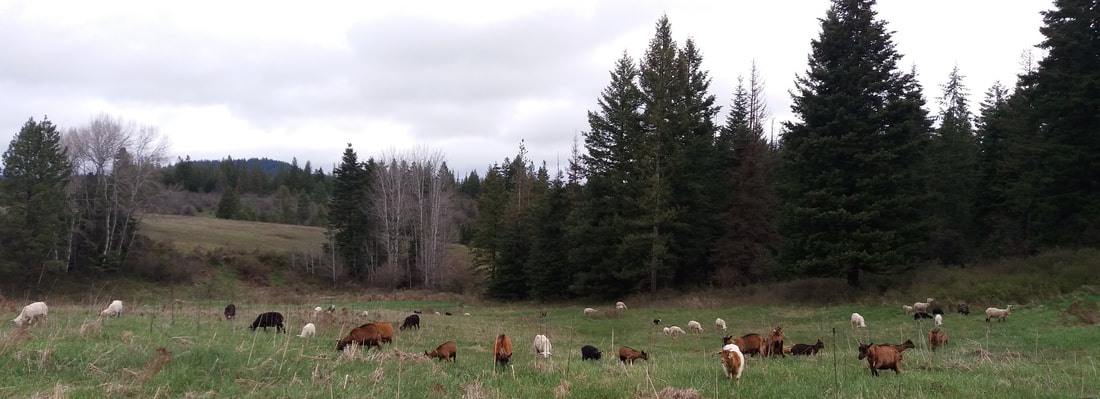

 RSS Feed
RSS Feed
